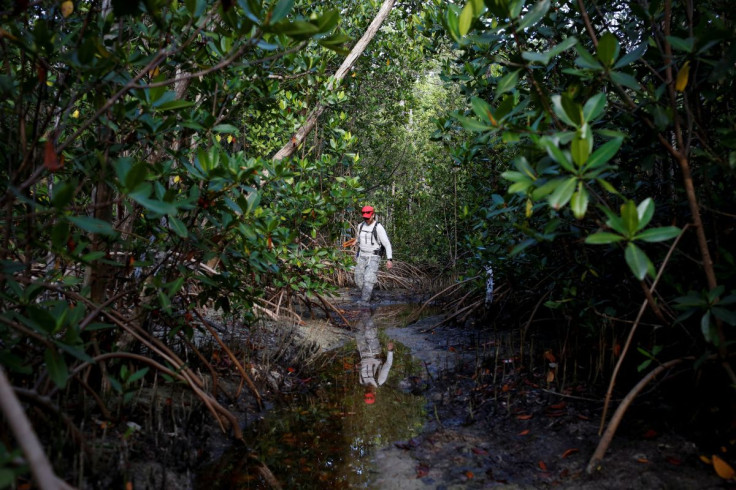Most Ecological Research Is 'Wasted,' New Study Finds
KEY POINTS
- Only 11 to 18% of studies attain their full informative value
- A whopping 67% of waste takes place at the initial step of the process
- Nearly 50% of studies do not get published in the form of a scientific paper
Many issues affecting Earth these days, like pollution, climate change and dwindling pollinator population, are ecology-related. With this, one can easily assume that rigorous research in the field can help remedy these problems. That's not the case, however, because most ecology research is "wasted," according to a recent study.
This may come as a shock to many, but a huge chunk of current research projects centering on ecology either add no value to the existing body of knowledge or are simply substandard. In fact, only 11 to 18% of ecological studies are said to attain their full informative value.
In a study, published in Nature Ecology & Evolution on July 21, the research team spearheaded by Antica Čulina and composed of Tin Klanjšček and Marija Purgar analyzed a large collection of published or unpublished papers in ecology and estimated losses at different stages of the research lifecycle. Eventually, they found that between 82% and 89% of research in ecology is wasted due to defects in study publication, result reporting and study design and implementation.
Most #ecology research is 'wasted': Researchers call for #urgentaction @NatureEcoEvo https://t.co/dBfuD41y9x
— Phys.org (@physorg_com) July 21, 2022
They also determined that 67% of waste occurs at the initial step of the process due to suboptimal planning and research implementation, while 45% of the studies fail to be officially published in the form of a scientific paper. Additionally, around 41% of studies do not completely present their results.
The study also sheds some light on how research inefficiencies can lead to huge waste.
"Ecological research has already immensely helped modern society, despite the enormous waste of information that we detected in our study. Just imagine how much more it could help us if there were no such losses," Čulina explained in a news release.
"If we want to avoid such waste and optimize the scientific process, we need to take urgent action to change the standards for research evaluation, science funding, and the publishing system," Čulina said further. "The responsibility lies with funders, publishers, research institutions and researchers themselves. We hope that our call will shake up everyone involved because ignorance is expensive."
In other words, the different parties involved in ecology-focused research projects need to spring into action and find solutions to reduce this waste and tap into the unused potential of ecological research.

© Copyright IBTimes 2024. All rights reserved.




















